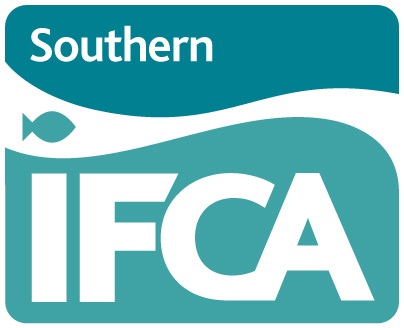Poole Harbour Aquaculture
Aquaculture has occurred in Poole Harbour for over 60 years with activity focused on bivalve shellfish species. The main species grown are the Pacific oyster ( Magallana gigas ), mussel ( Mytilus edulis ), the Manila clam ( Ruditapes philippinarum ) and the common cockle ( Cerastoderma edule ).
Historically, the aquaculture activity in Poole was managed under The Poole Fishery Order 1985, a hybrid several/regulating order under which lease beds were created and leases issued for the farming of shellfish species. In 2015, the Order was due for renewal and this provided an opportunity to review the management of aquaculture in Poole Harbour alongside the review of the wild shellfish fishery.
On 1 st July 2015 The Poole Harbour Fishery Order 2015 was created to replace The Poole Fishery Order 1985. The Poole Harbour Fishery Order 2015 (The Order) was developed alongside the Poole Harbour Dredge Permit Byelaw to regulate shellfish fisheries in Poole Harbour for both aquaculture and the wild dredge fishery. The Order confers on Southern IFCA the right of several fishery for the cultivation of shellfish of any kind for a period of twenty years with leases issued under The Order for a period of five years. The Order covers an area of 837.8 hectares within which there are 12 lease beds.
The Southern IFCA aims to promote and manage aquaculture under The Order within well-structured and appropriate governance that allows the IFCA to meet its nature conservation duties, to develop the future potential for aquaculture practice and to seek to better balance the interests of stakeholders. How aquaculture activity is managed under The Order is set out in the Poole Harbour Several Order 2015 Management Plan (2025 revision), this document is reviewed annually, and has most recenltly been reviewed for 2025 in line with the issuing of the third tranche of Leases under The Order for 2025-2030. This document sits alongside a Biosecurity Plan which aims to minimise the risk of disease or introduction of non-native species through shellfish imports and exports and a Habitats Regulations Assessment (HRA) for the issuing of leases.
In 2018, a review of the economic value of aquaculture in Poole Harbour was undertaken by the New Economics Foundation 1 . Mussels and Pacific oysters were found to be the two most significant species for aquaculture, with Poole Harbour being the largest Pacific oyster production area in England. The study showed that the total economic activity for aquaculture in Poole (encompassing both gross output and indirect output from industries in the supply chain) was £2,615,250.
1 Williams, C. and Davies, W. (2018). A tale of three fisheries: the value of the small-scale commercial fishing fleet, aquaculture and the recreational charter boat fleet, to the local economy of Poole. A Report by the New Economics Foundation , London, pp. 41 ( A tale of three fisheries - NEF Consulting )
